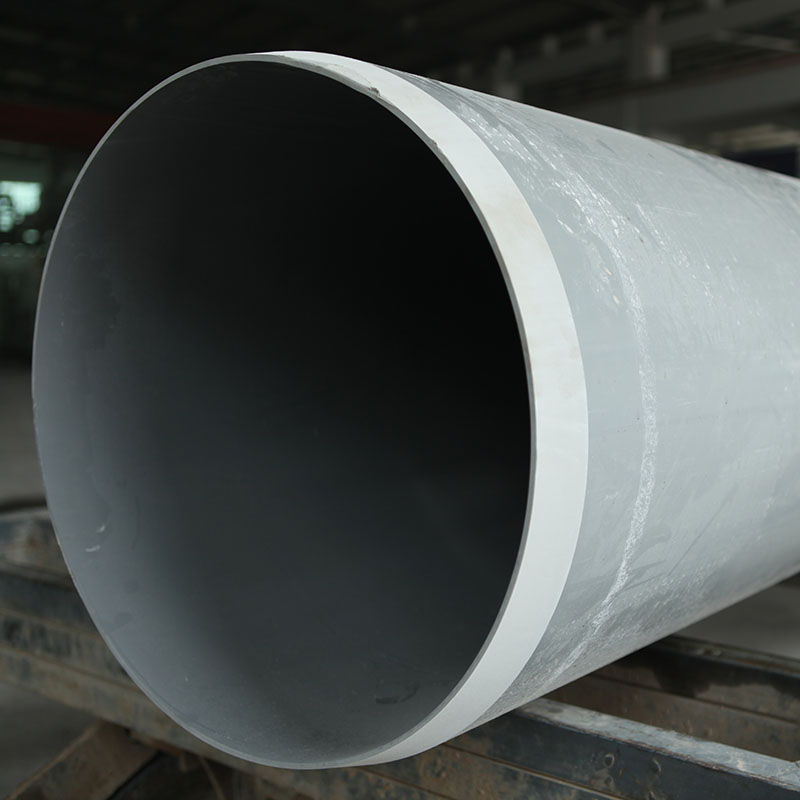Nov . 06, 2024 01:53 Back to list
Durable PVC Sewer Pipe Solutions for Efficient Wastewater Management and Drainage Systems
Understanding PVC Sewer Pipe Benefits and Applications
Polyvinyl chloride (PVC) sewer pipes have become an integral component in modern plumbing and sewage systems. Renowned for their durability, light weight, and resistance to corrosion, these pipes offer a variety of advantages that make them a preferred choice for both residential and commercial applications. This article will delve into the features, benefits, and applications of PVC sewer pipes, highlighting why they have become a popular option in the construction and plumbing industries.
What is PVC?
PVC is a type of plastic that is widely used in a variety of applications, from packaging to plumbing. In the context of sewer systems, PVC pipes are manufactured by combining various additives to enhance their properties, leading to a strong, flexible, and long-lasting product. The typical color of PVC sewer pipes is often a distinctive white or light gray, which helps in identifying them in plumbing installations.
Key Features of PVC Sewer Pipes
1. Durability One of the most significant advantages of PVC sewer pipes is their exceptional durability. These pipes can withstand harsh environmental conditions, including extreme temperatures and high levels of pressure. Unlike traditional materials such as clay or metal, PVC does not corrode or degrade over time, ensuring a longer lifespan and reducing the need for frequent replacements.
2. Lightweight PVC pipes are considerably lighter than their counterparts, making them easier to handle and install. This attribute not only reduces the labor cost associated with installation but also allows for more straightforward transportation, especially in large-scale projects.
3. Chemical Resistance PVC is inherently resistant to various chemicals commonly found in sewage, including acids and alkalis. This property minimizes the risk of material degradation, ensuring that the pipes maintain their structural integrity over time.
4. Cost-Effectiveness The affordability of PVC sewer pipes is another compelling reason for their widespread use. Lower material costs combined with reduced installation expenses mean that overall project costs can be significantly decreased compared to options such as cast iron or concrete.
5. Easy Installation The design of PVC pipes includes features like bell-and-spigot joints, which allow for quick and efficient connections. Fewer installation complications translate to quicker project completion and reduced labor costs.
pvc sewer pipe

Applications of PVC Sewer Pipes
PVC sewer pipes are utilized in various applications in both residential and commercial settings. Some common use cases include
- Residential Sewer Systems Homeowners frequently use PVC pipes for building sewer lines and drainage systems due to their reliability and ease of installation. The lightweight nature also makes it feasible for DIY enthusiasts to engage in home plumbing projects.
- Stormwater Management In urban planning, PVC pipes are employed in stormwater drainage systems. Their ability to withstand heavy rainfall and avoid corrosion makes them ideal for managing surface water efficiently.
- Industrial Applications Various industries rely on PVC sewer pipes for transporting wastewater. They are particularly popular in food processing, pharmaceuticals, and chemical manufacturing, where cleanliness and durability are paramount.
- Sewer Rehabilitation In projects aimed at rehabilitating older sewer systems, PVC pipes can be used in conjunction with trenchless technology, which minimizes surface disruption while replacing outdated lines.
Environmental Considerations
While PVC pipes offer many benefits, their production and disposal have sparked environmental concerns. The manufacturing process involves the release of harmful toxins, and when PVC pipes reach the end of their life cycle, they can contribute to landfill waste. However, advancements in recycling technologies are emerging, allowing for safer disposal methods and promoting a circular economy.
Conclusion
PVC sewer pipes represent a significant advancement in the plumbing industry, combining strength, durability, and cost-effectiveness. Their versatility makes them suitable for various applications, from residential home drainage to industrial wastewater management. As technology continues to evolve, the possibility of more sustainable practices in PVC production and recycling will likely enhance their viability as a long-term solution for sewer systems. For homeowners, contractors, and municipalities alike, understanding the benefits of PVC sewer pipes is essential for making informed decisions regarding plumbing and drainage solutions.
-
High-Quality PPR Pipes and Fittings Durable ERA PPR & PVC PPR Solutions
NewsJul.08,2025
-
Black HDPE Cutting Board - Durable, Non-Porous & Food Safe HDPE Plastic Cutting Board
NewsJul.08,2025
-
High-Quality CPVC Panel Durable HDPE & PVC Panels Supplier
NewsJul.08,2025
-
Double PE Welding Rod Supplier - High Strength, Durable & Versatile Welding Solutions
NewsJul.07,2025
-
High-Quality PVC-O Pipe Supplier Durable 75mm PVC Pipe & Connections Leading PVC Pipe Company
NewsJul.07,2025
-
HDPE Drainage Pipe Supplier – Durable & Corrosion-Resistant Solutions
NewsJul.06,2025

